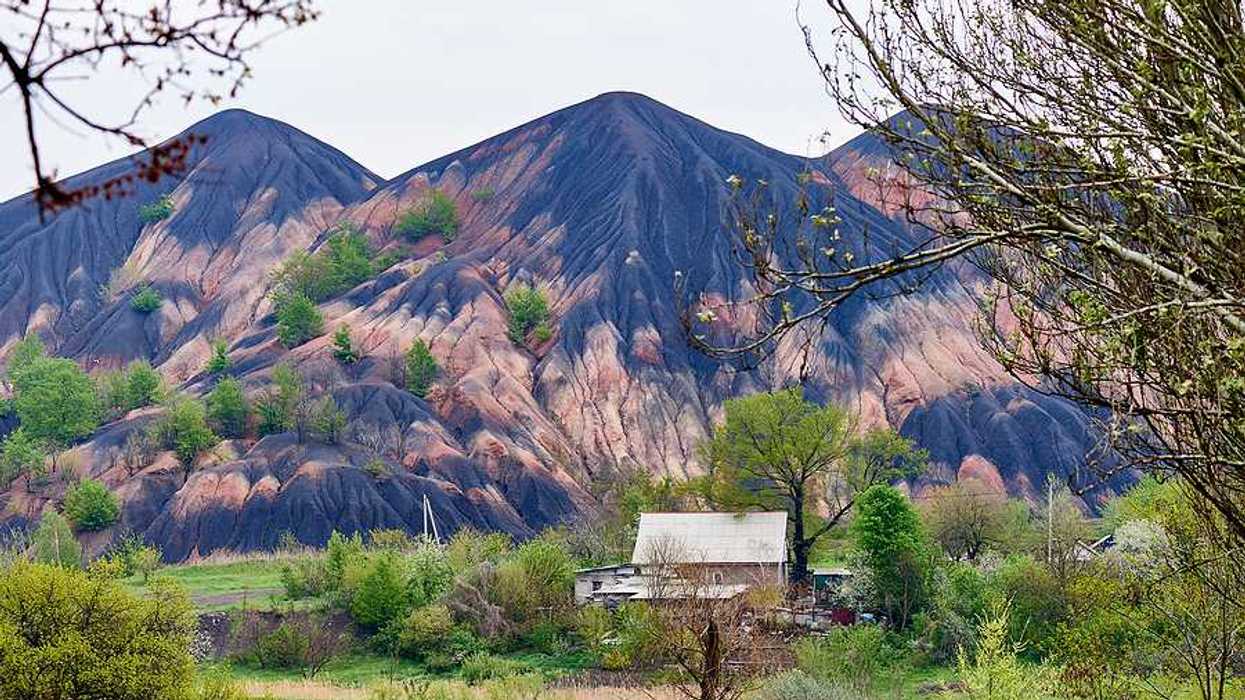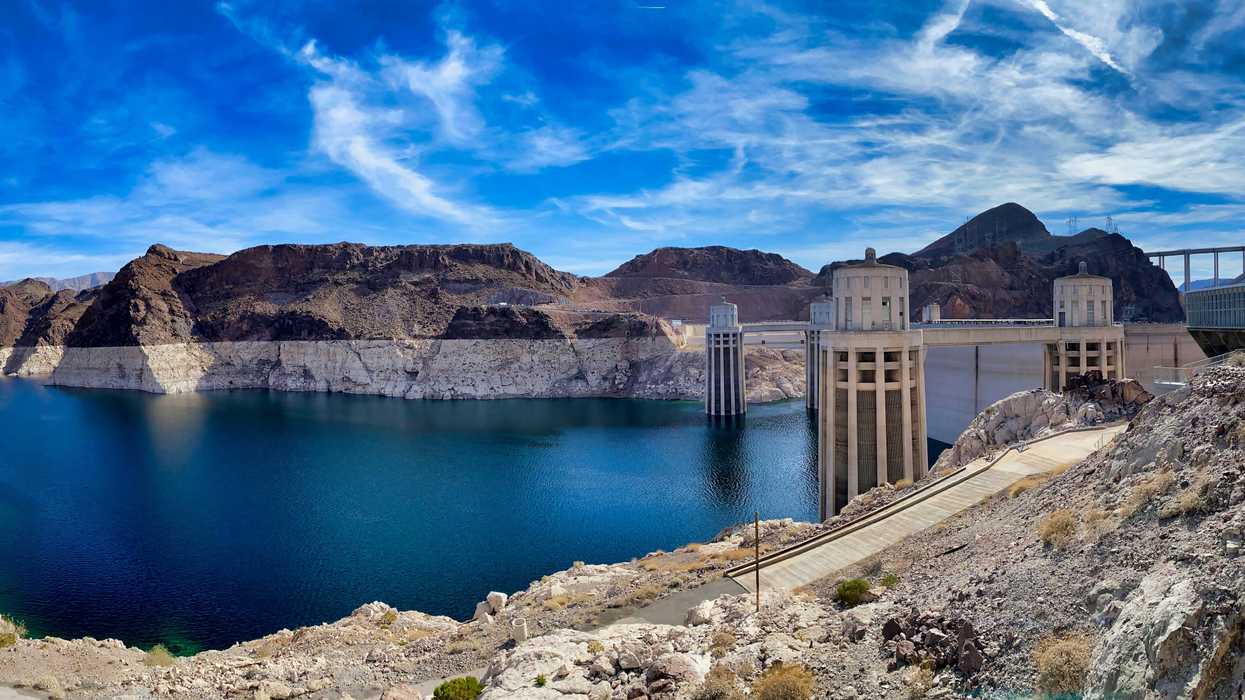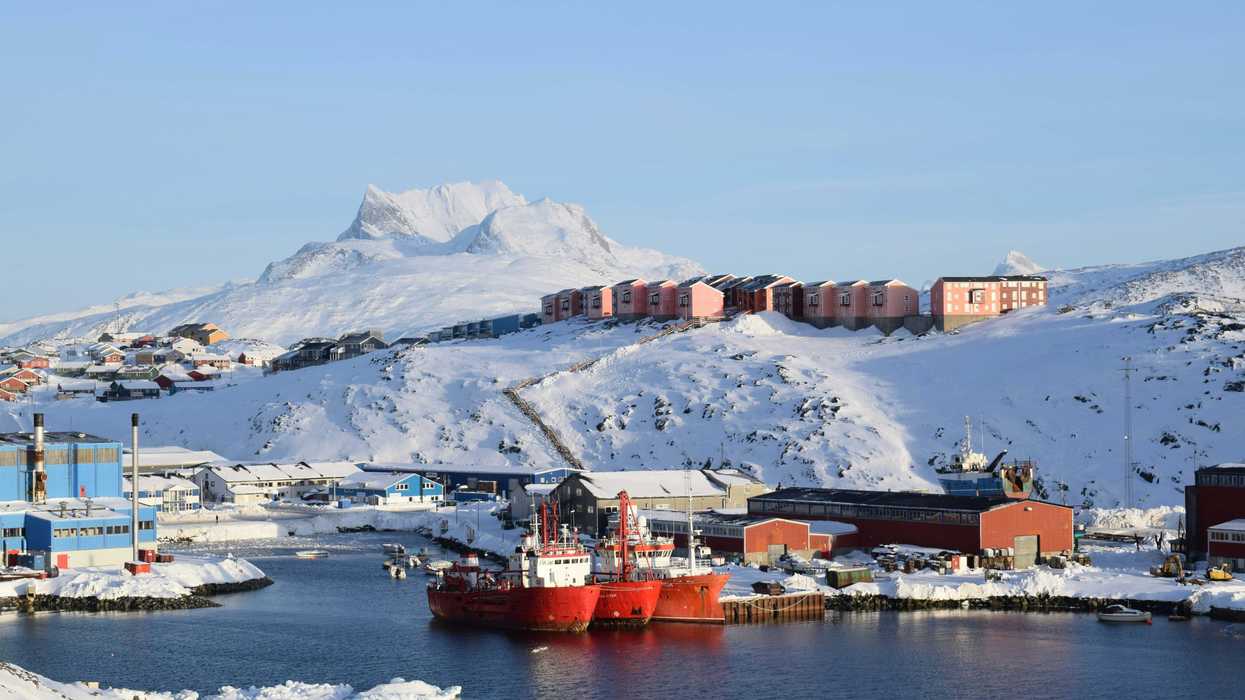Residents of northern Patagonia are enduring increasing earthquakes caused by intensive fracking, with little action from Argentine regulators despite clear evidence linking the two.
Katie Surma reports for Inside Climate News.
In short:
- In Argentina's Patagonia region, frequent earthquakes have become a norm due to intense fracking activities, severely impacting local communities and structures.
- Despite clear links between fracking operations and seismic activities, regulatory bodies remain largely inactive, failing to provide necessary oversight or mitigation strategies.
- Indigenous Mapuche communities, alongside other locals, experience significant distress and damage, with little to no governmental support or recourse.
Key quote:
"I have been completely traumatized."
— Ana Guircaleo, member of the Wirkaleo Mapuche community
Why this matters:
Seismic events triggered by fracking can have far-reaching consequences beyond property damage. They can disrupt local economies, causing financial strain on residents and businesses alike.
Fracking not only consumes vast amounts of water and releases greenhouse gases into the atmosphere but also has the potential to contaminate groundwater and surface water sources with harmful chemicals.














